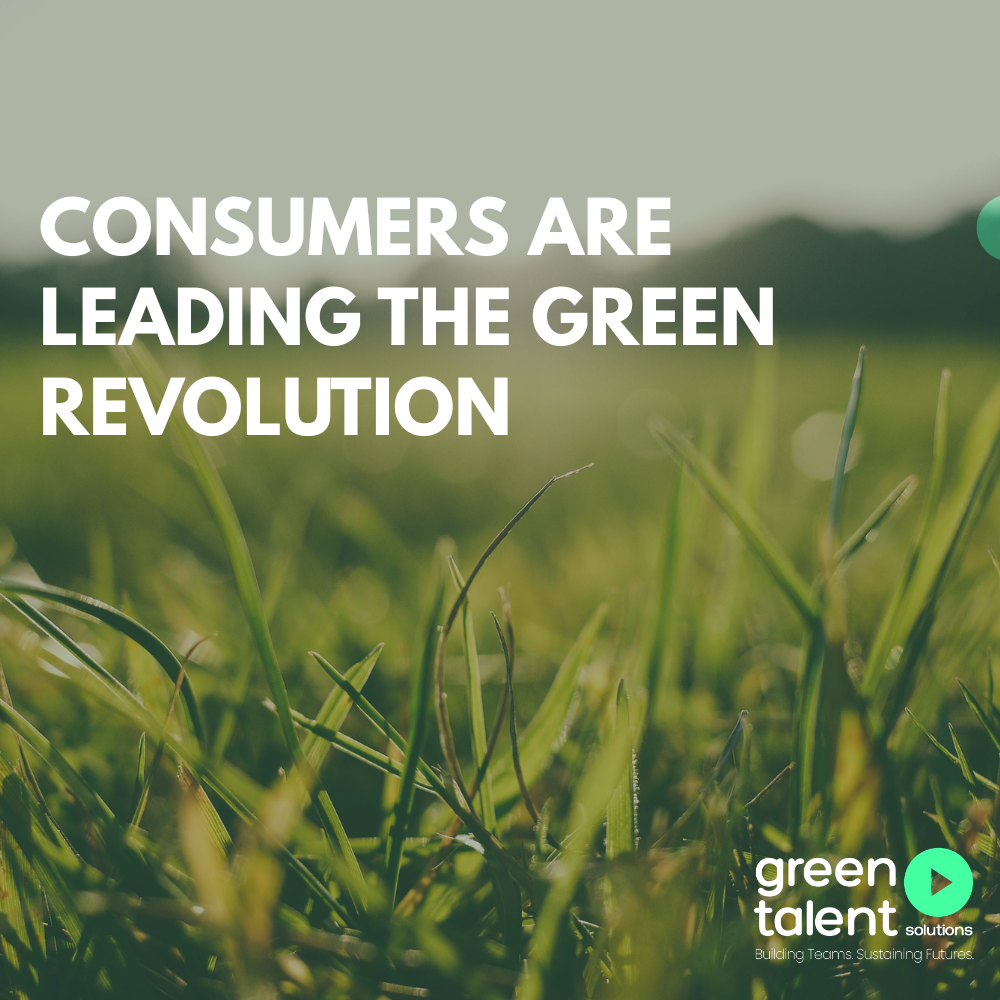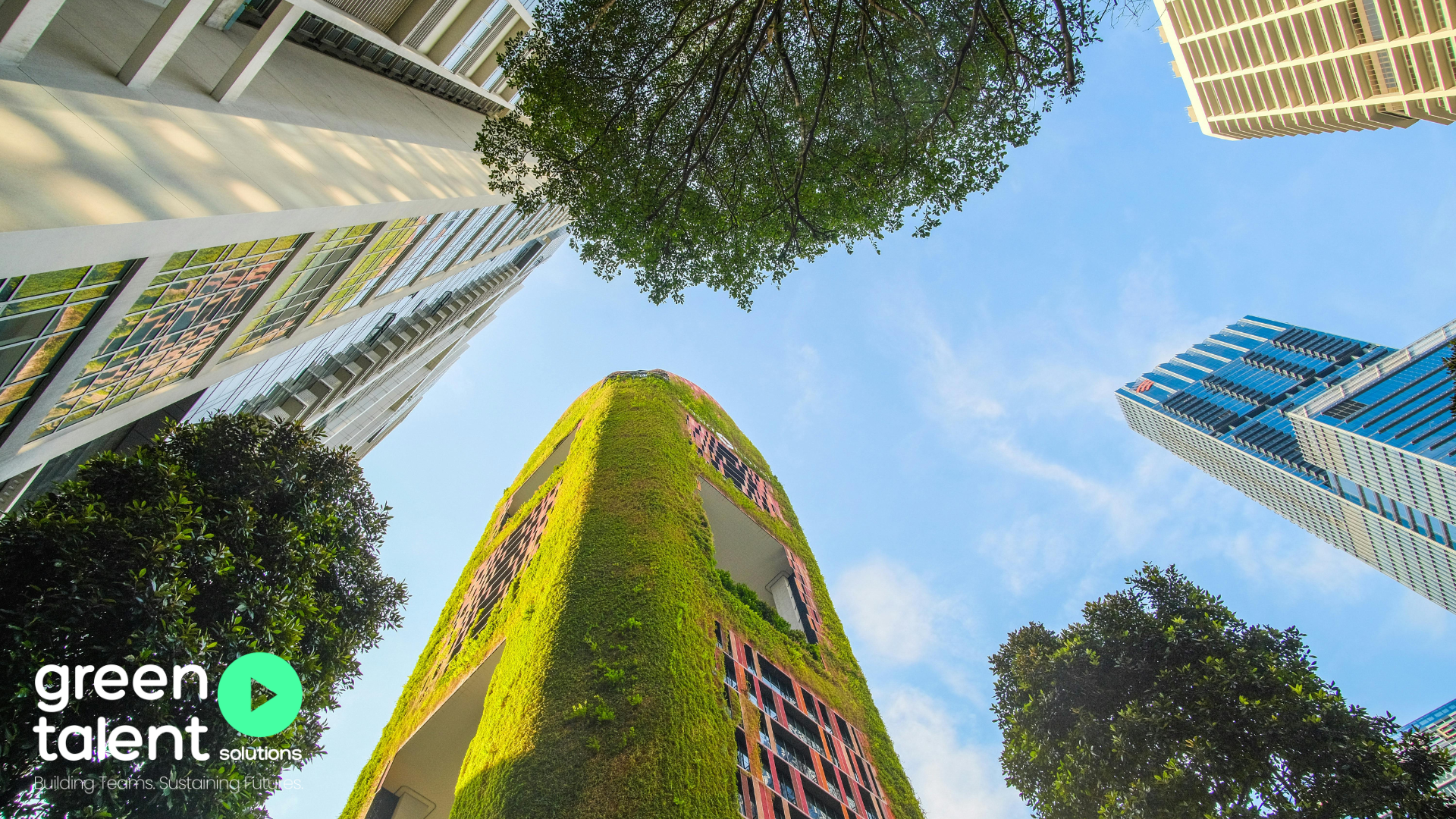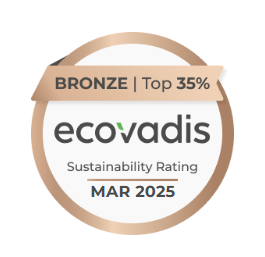Becoming Net Zero Ready: Upskilling for the Green Transition
As the world accelerates towards a low-carbon future, businesses face both a challenge and an opportunity: transforming operations to meet ambitious net zero goals. But technology alone isn’t enough. Success depends on people, equipping teams with the skills and mindset needed to embed sustainability into every decision and process. Upskilling isn’t just a nice-to-have; it’s a strategic necessity for becoming truly net zero ready.
In this article, we explore why upskilling is critical, what skills are in demand, and practical steps to build a workforce that can lead the green transition.
Why Upskilling is at the Heart of Net Zero Strategies
Many organisations have announced net zero targets for 2030, 2040, or 2050. Achieving these goals requires significant changes across supply chains, product design, data management, and reporting. Yet research shows a striking gap between ambition and capability.
It’s important to remember that these efforts are not happening in isolation. Under the Paris Agreement, 196 parties in the UN have committed to a legally binding contract to reduce their climate impact and limit global warming to well below 2°C, with efforts to stay under 1.5°C. This global commitment is driving national regulations, stakeholder expectations, and market shifts that directly affect businesses of every size and sector.
Employees often feel underprepared to contribute meaningfully to sustainability initiatives, and leaders struggle to translate strategy into day-to-day actions. This is where targeted upskilling becomes transformative: empowering people at every level to spot carbon reduction opportunities, work with new technologies, and build sustainability into KPIs.
Moreover, as regulations tighten, from the EU’s Corporate Sustainability Reporting Directive (CSRD) to sector-specific emissions rules, companies that invest in workforce capability today will have a competitive edge tomorrow. Being net zero ready isn’t just about compliance; it positions organisations to innovate, attract eco-conscious customers, and build long-term resilience.
What Green Talent Looks Like
So, what does being net zero ready mean in practice? Beyond traditional technical expertise, green upskilling is increasingly multidisciplinary. Key areas include:
•
Carbon literacy: Understanding emissions scopes, reporting standards, and how business activities contribute to climate impact.
•
Data and digital skills: Using tools to track and reduce emissions, analyse sustainability data, and produce transparent reports.
•
Circular economy thinking: Rethinking product life cycles, supply chains, and resource use to reduce waste.
•
Change leadership: Encouraging sustainable behaviour change, aligning teams around shared goals, and communicating progress internally and externally.
Crucially, these aren’t limited to sustainability teams. Marketing, finance, HR, and operations all have roles to play, making organisation-wide learning essential.
HR Magazine - Employees unsure of how to use sustainability strategy
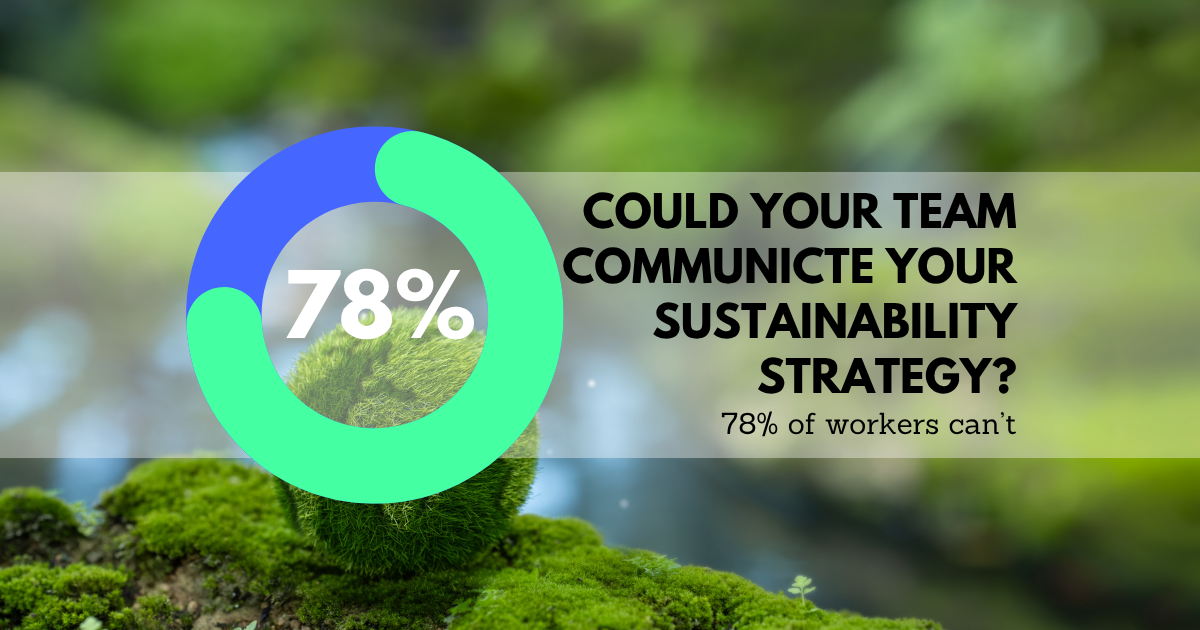
Building a Net Zero Ready Workforce
How can organisations move from ambition to action? Here are some practical strategies to embed upskilling into your green transition:
· Assess current capabilities: Conduct a skills audit to identify gaps in carbon literacy, data knowledge, and sustainability strategy.
· Invest in blended learning: Combine formal training, digital courses, and peer-led sessions to make learning accessible and engaging.
· Create green champions: Identify and empower employees to advocate for sustainability, run pilot projects, and share success stories.
· Align incentives and KPIs: Tie sustainability goals to performance metrics so teams see direct relevance to their roles.
· Partner with experts: Work with training providers, industry bodies, or academic institutions to bring cutting-edge knowledge in-house.
By making sustainability part of everyone’s role, not just the sustainability team, organisations can embed change more deeply and quickly.
Beyond Compliance to Competitive Advantage
Upskilling isn’t just a way to tick regulatory boxes. Organisations that prioritise building net zero capability will be better placed to unlock innovation, reduce operational costs, and build stronger customer trust.
Employees, too, increasingly want to work for organisations that take climate action seriously and invest in their professional growth. By equipping teams with the tools, knowledge, and confidence to lead the green transition, businesses can transform net zero commitments from static targets into real, measurable impact.
The journey to net zero is complex, but it’s also an opportunity to redefine what great business looks like in the decades ahead.
Ready to get started?
Now is the time to turn ambition into action. Invest in your people, build net zero skills across your teams, and make sustainability a core part of your organisation’s DNA.
Let’s build a workforce that’s not just ready for the green transition, but ready to lead it.
If you'd like support designing an upskilling strategy or exploring tailored training solutions, get in touch with Jake Carrington today. Together, we can make net zero achievable and drive real impact for your business and the planet.
Green Talent Insights

